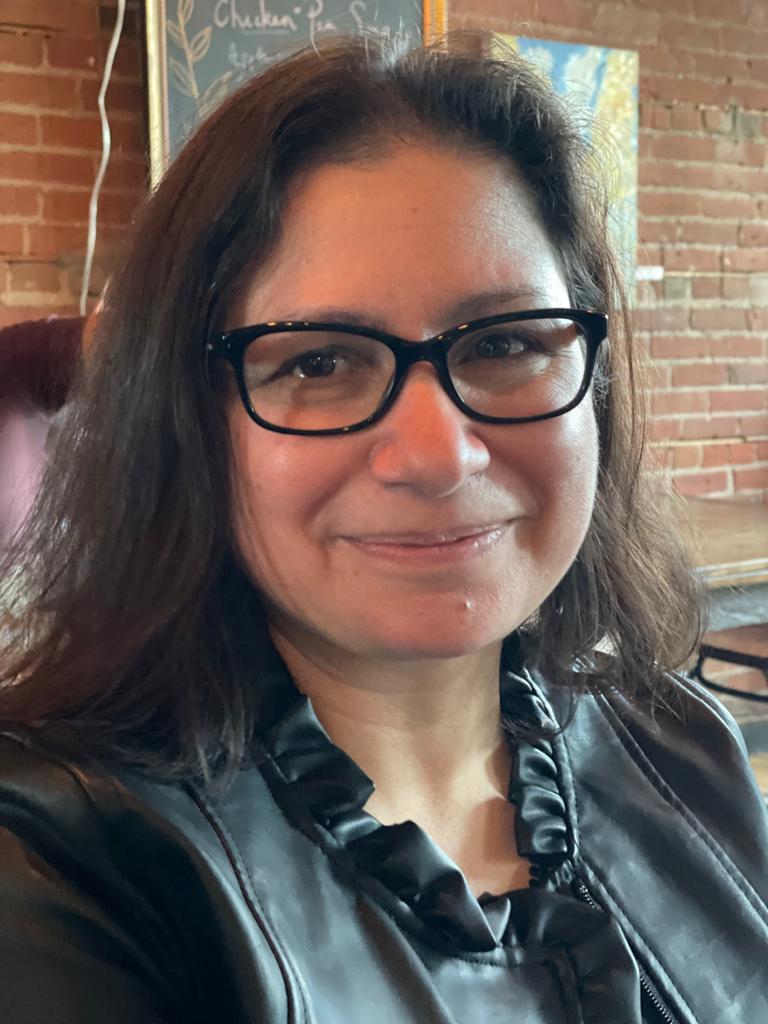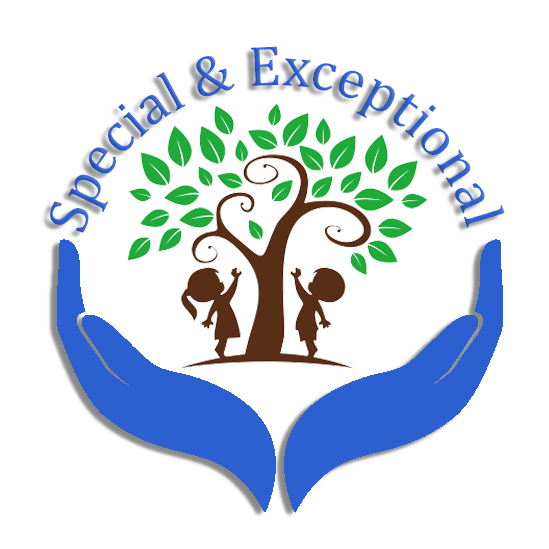Education is always special
Every child is unique in his/her own way. Children have different learning styles, some learn better when they see visuals, and others learn better when they hear the information, and many other times, children mix different learning styles to understand the information appropriately. Special education provides students with different tools customized to their personal needs.
About Me: Soha El Awar

My journey with working with children with exceptionalities started a few years ago when I studied autism, and behavioural sciences gave me the privilege to work with children with exceptionalities at schools and in their own homes with their parents.
Raising children has its challenges. Those challenges do get more intense when a child suffers from a condition. Therefore, parenting gets more demanding to meet the needs of the child. Parents feel overwhelmed with what the future might bring for their children. An excellent way to plan and prepare their children to achieve their full potential is through appropriate individualized special education, interventions, and therapies.
Working closely with families with children with exceptionalities was an eye opener to how much the appropriate special education can make a positive difference in the lives of those families and their children, so I decided that I wanted to have a role in supporting those families at a different level not just being the behavioural consultant for them, but to provide them with the right tools to help them teach their children in different environments, especially at home and at school.
July 01, 2022
Evaluating Statistics and Research
Neurodiversity
Autism Spectrum Disorder
ADHD
Learning Disabilities
ADD
Giftedness
Intellectual Disabilities
Neurodiversity Resources:
- Web MD
- Exceptional Individuals
- Mayo Clinic
- Canada Public Health
- Web MD
- Bio Med Central
- Autism Speaks
- Special Learning
- Rett Syndrome Dot Org
- Autism Awareness Center
- Chadd
- National Resource Center on ADHD
- Child Mind
- University of Toronto OISE
- Learning Disabilities Association of Canada
- Psychiatry
- Reinert Center
Special & Exceptional News & Articles
Sorry, we couldn't find any posts. Please try a different search.

